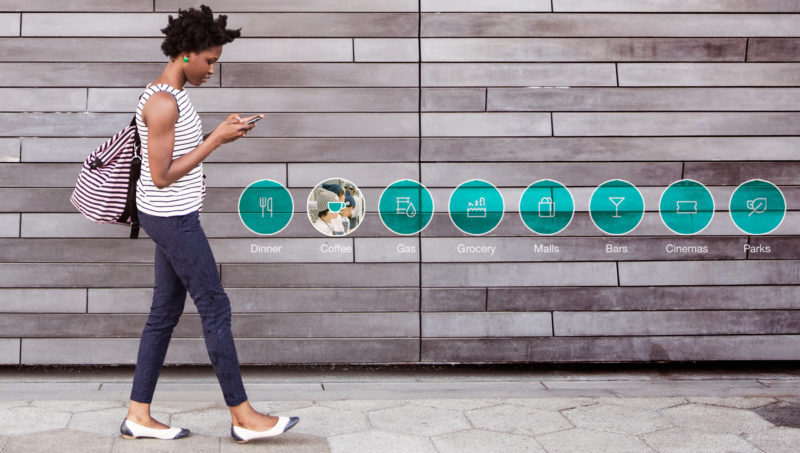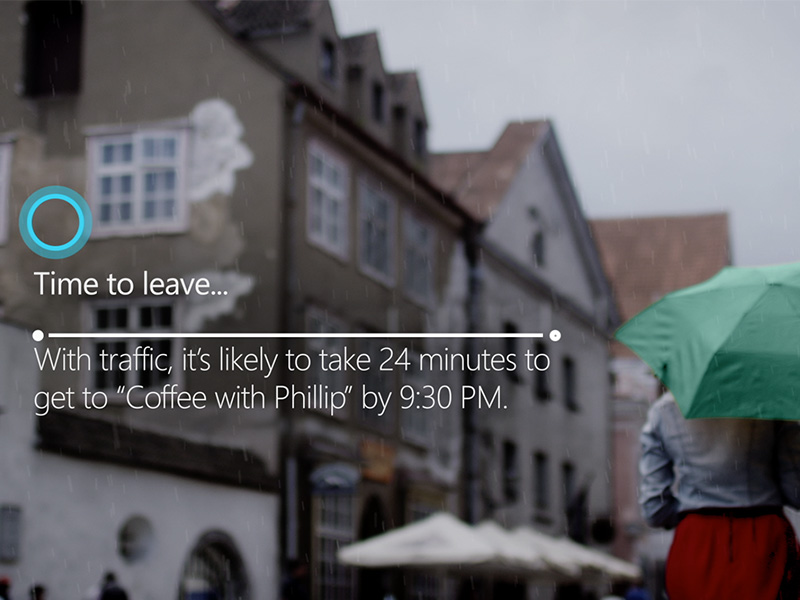Consumers shape new world of search advertising
Since Bing entered the search space just over six years ago, the landscape has transformed, technology has advanced, and the changes are only accelerating. In a time of limitless expectations and technology, consumers are continuing to reshape the search landscape as they look at devices and services to help them do and achieve more. Search […]

Since Bing entered the search space just over six years ago, the landscape has transformed, technology has advanced, and the changes are only accelerating.
In a time of limitless expectations and technology, consumers are continuing to reshape the search landscape as they look at devices and services to help them do and achieve more.
Search is now a critical ingredient that helps people and companies realize this need. As search becomes more universal across services and devices, it will continue to drive a massive shift in strategy and opportunities for brands.
Search is not only becoming smarter, it’s become an increasingly critical source of consumer understanding and real-time engagement. Simply put, it’s the bridge between intent and the experiences the world has to offer.
And make no mistake: consumers are driving this evolution.
Consumers interact more naturally
Consumers today have very different expectations around technology. No longer do they just want to punch in words on a keyboard; they want to express themselves in natural, intuitive ways. And search is evolving rapidly as a result. Take consumers’ rapid adoption of digital assistants like Cortana, Google Now and Siri, for example, all of which are spoken-language driven.
Spoken language connects people to what they’re searching for with an immediacy, convenience and intimacy that text-only search could never provide. In fact, we’ve seen Cortana use, not just in Windows but in Android and IOs, increase rapidly over time.
In general, today’s searchers are moving away from the Search Engine Results Page (SERP), choosing instead to use search in different ways. Kids these days are talking to phones to get search results — and increasingly, so are their parents.

Search gets smarter and more predictive
When search engines initially came onto the scene, they did little more than awkwardly index the content of the internet. Then search evolved to encompass social media properties and contextual entities.
Today alone, Bing indexed six billion facts and 28 billion entities, including 1.2 billion people profiles, connections and interests. This knowledge allows us to deliver actionable results nearly instantaneously across any device or service.
The big story? Search is getting smarter — learning to interpret context, and even to predict. To see the evidence firsthand, spend a few minutes with Bing Predicts.
Ahead of this year’s Grammy Awards, for example, the Bing Predicts team accurately predicted Record of the Year, Album of the Year and Best New Artist. And their 2016 Academy Awards predictions were an astonishing 84 percent accurate. It’s exciting to consider how this capability could be used to help brands be more successful.
This intelligence enables smarter experiences for consumers. When a searcher says, “Cortana, show me three-year-old gift ideas,” Cortana knows you’re talking about gift ideas for a child who is three, not gift ideas that are three years old.
And when a searcher asks, “How tall is Liam Neeson?,” Bing’s quick answer predicts you might also want to know how tall his wife is and how tall his recent co-stars are. The answers are provided before you can even ask the question.
In order to enable this, search has evolved from a destination service to an ecosystem of connected experiences that serves relevant and personalized information. It is a platform that powers the services consumers rely on every day.
Of course, all of this intelligence highlights the critical importance of trust and security in delivering a next generation of services and experiences for consumers. Data privacy is crucial, based not only on trust but on a value exchange that makes consumer experiences ever more relevant. Of course, the consumer always remains empowered and in control.
Search and action come together
In this mobile-first world, search and action are increasingly fusing within a native environment, creating a new kind of consumer experience where search is the bridge between intent and experience. This fusion gives native environments the ability to become powerful consumer-centered services, letting users quickly take action without disruption to the experience.
Consider how this could evolve in-app experiences such as experiencing music, reading news or collaborating with friends or colleagues. Imagine being able to order take-out or purchase a product without leaving the environment you are in. And that’s just the beginning.
Making this a reality will require search engines to integrate more data sources than ever before to provide the highly relevant results consumers would expect in these scenarios. For brands, the trend could fuel a shift in advertising from a marketplace of keywords and impressions to one of actions.

Advertisers, take note
If we’re going to fulfill the potential of all of these changes, we need to focus on making commercial interactions more valuable to consumers. That means understanding those consumers fully and creating marketing experiences that transcend online and offline, ads to apps.
For consumers, interaction moments with brands happen throughout the day. In these moments, the line that separates marketing from consumer activity is blurred, if it still exists at all. And for these moments to be magical, the marriage of business, IT, customer service and marketing (digital and analog) is vital.
This also means embedding search on more surfaces, in new form factors (think wearables) and with consumer engagement models that haven’t even been conceived yet.
As we know all too well, if there’s one hiccup along the way, all of our efforts to build a brand or a product can be erased. Even the most successful marketing campaigns can still do a better job of unifying the consumer’s journey.
A new world of search advertising is emerging, one that is shaped by consumers and will continue to be reshaped as both brands and consumers find new ways to use it. From where we stand, we can see the nearly limitless potential of search marketing to create deeper, more engaging and more productive connections between advertisers and consumers.
Related stories
